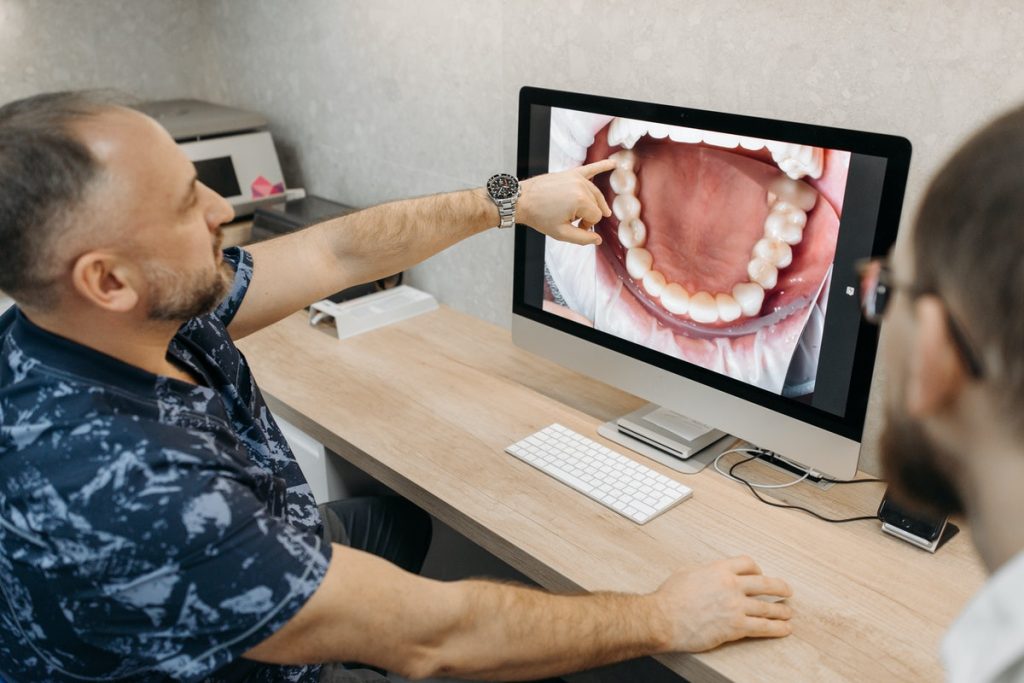In modern dental care, more and more patients are approaching their dental teams about having missing teeth restored. And, while many people are looking for an option which can offer long term stable results, very few are overly eager to ask their dentist about oral implants.
Affixed to the jaw, a dental implant Melbourne acts as a synthetic root to a prosthetic tooth or teeth that are attached to it. This offers stability that many other prosthetic teeth and restoratives lack. In this article, 5 of the most common questions relating to oral implants are answered, so you can assess if this is a treatment option you want to pursue. Enjoy!
Is having an oral implant fitted worth it?
Many people who have had an oral implant fitted deem the process beneficial and it isn’t only to do with cosmetics! As mentioned before, an oral implant acts as a stable root for any prosthetic tooth or teeth that are attached to it, so there will be no issues with movement or sores occurring on the gums. Also, as implants close a gap in the teeth, they reduce the chances of secondary issues linked to these gaps occurring, such as decay and gum disease.
Is the procedure uncomfortable?
No it shouldn’t be, because your dental team will numb the gums before they begin the process.
But once you are at home, and the numbing agent is wearing off, you may have concerns about how the area will feel. Luckily, many dental patients describe the sensation as similar to that of an oral extraction, so it should be manageable with over the counter pain relief. If you are concerned about the level of discomfort you are experiencing following an implant fitting, seek emergency medical help.
Will I need to have a bone graft?
There are a few instances in which you may need to have a bone graft. Commonly, if you do not have a thick, healthy jawbone, then your dentist may suggest taking some bone from either your shin or chin to place where the implant is to be fitted. If you have a bone graft fitted, it can extend the entire treatment process from 3-6 months to up to 12 in total.
How do I care for the implants at home?
Once the implants have fused and the prosthetic tooth or teeth are fitted, you care for them the way you would your other teeth. Simply brush them twice a day, floss and be sure to attend dental check-ups every 6 months. This is to ensure that issues like gum disease do not occur, which can reduce the lifespan of the oral implant and can cause it to prematurely fall out.
Will they fall out?
It is highly unlikely in the absence of gum disease or any significant trauma that your oral implant will fall out. But, after the implant is fitted, it is at the highest chance of movement or loss, so be sure to keep pressure off of it as it fuses to the jaw. But if you can feel it moving or see it moving in the mirror, then please call your dental team for an assessment.
DISCLAIMER
Any surgical or invasive procedure carries risks. Before proceeding you should seek a second opinion from an appropriately qualified health practitioner.
